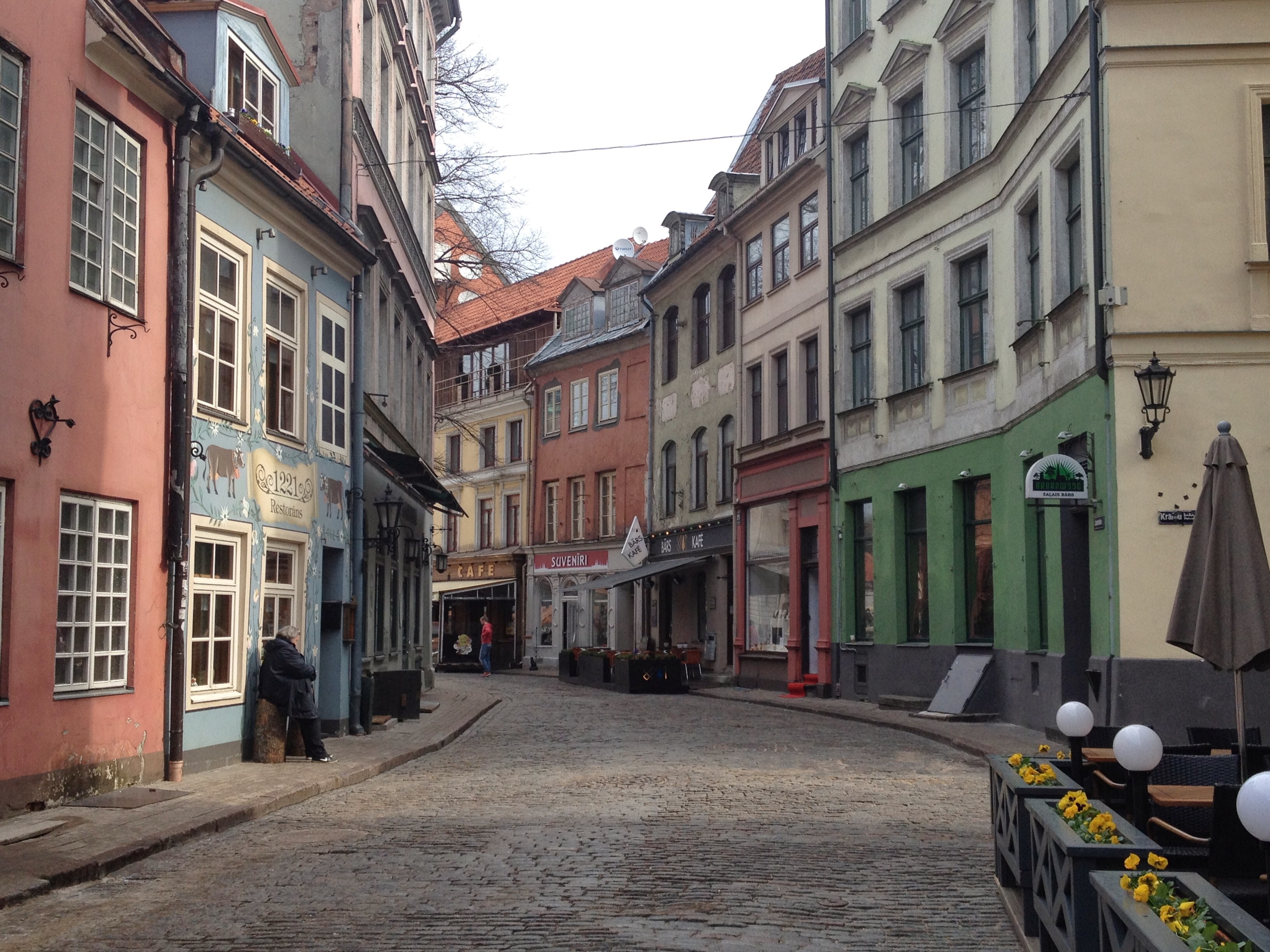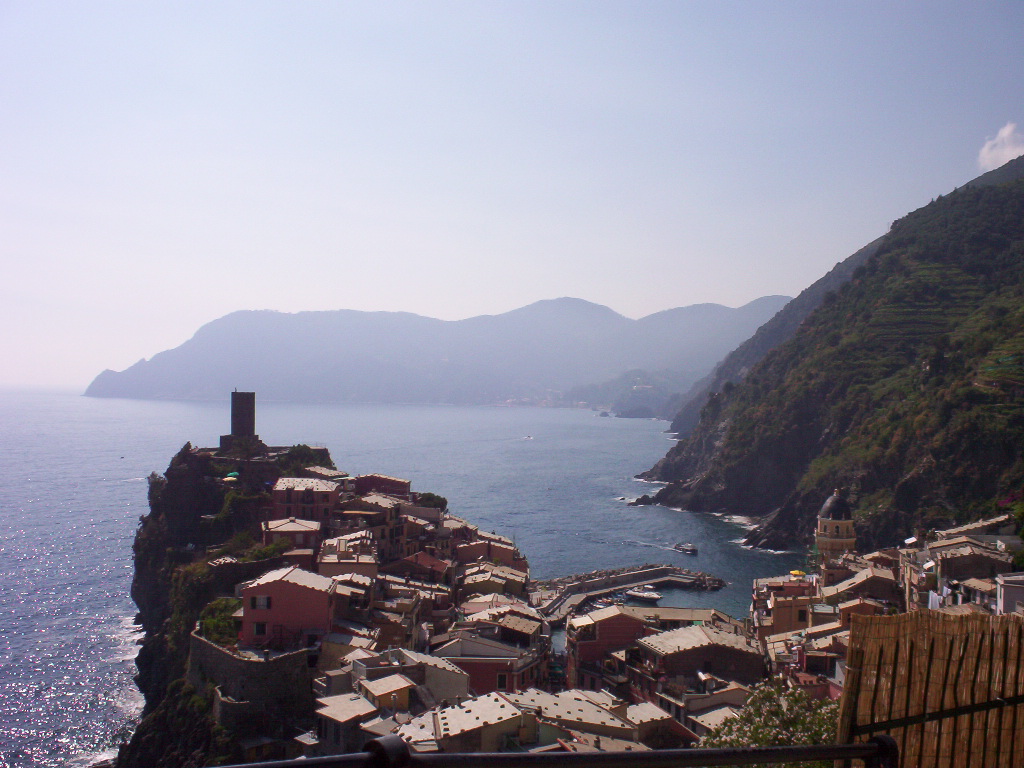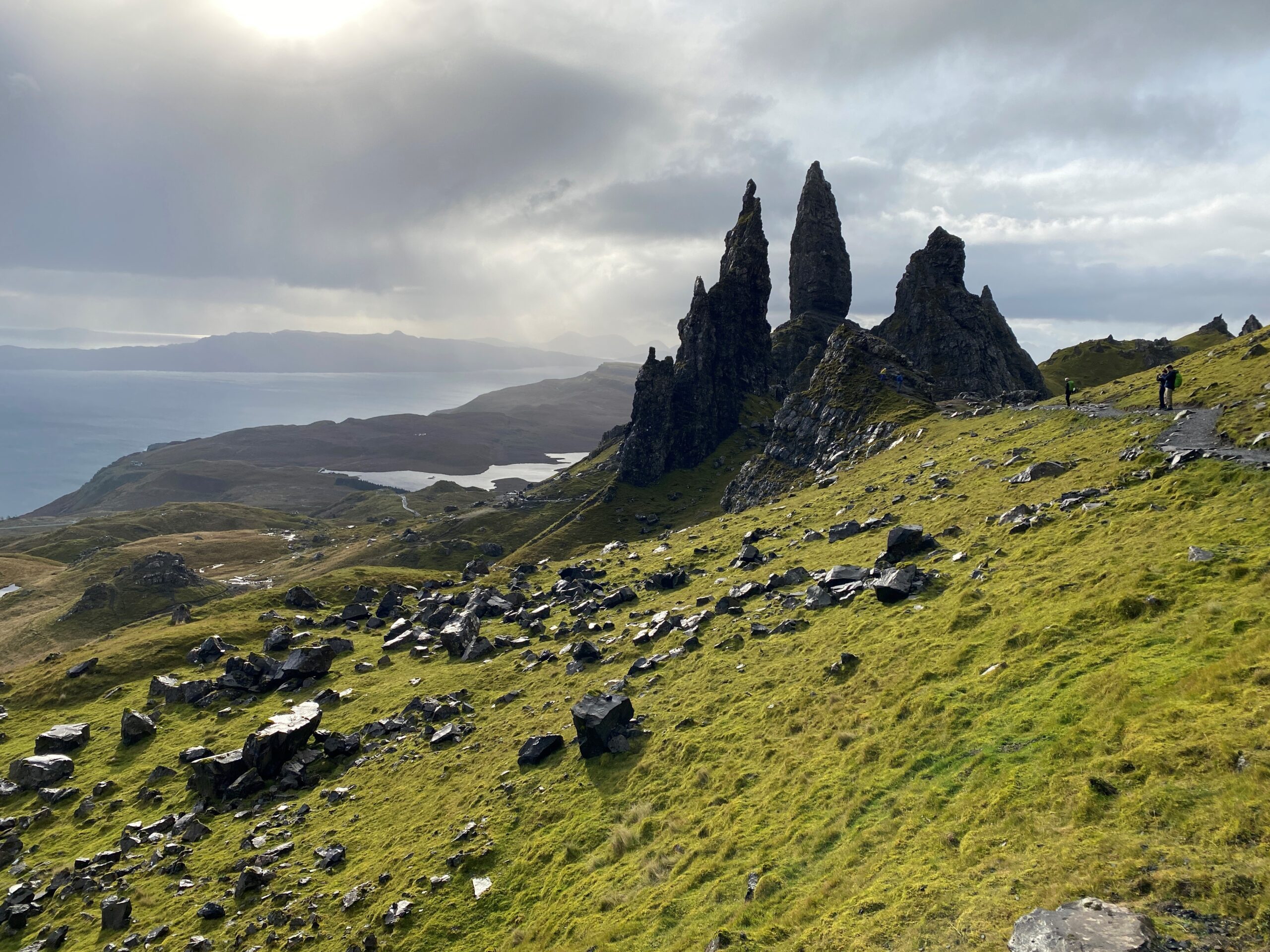on the road
-

Tips for dealing with other tourists
.
Other tourists. They are that element of travel we sometimes forget to think about until we find ourselves surrounded. No matter where you go in the world (but especially at must-see places) it is difficult to avoid buses full of…
-

The Mid-Vacation Respite
.
A mid vacation respite is a time on your trip when you can take a vacation from your vacation. One of the most challenging things about planning a trip is trying to cram in as much as possible. No matter…
-

Getting sick while on the road
.
When I was in my 20s, I visited a back specialist and was told that I have the back of an 80-year-old. (Lovely, right?) What this means is that once or twice a year, I tweak it just right and…
